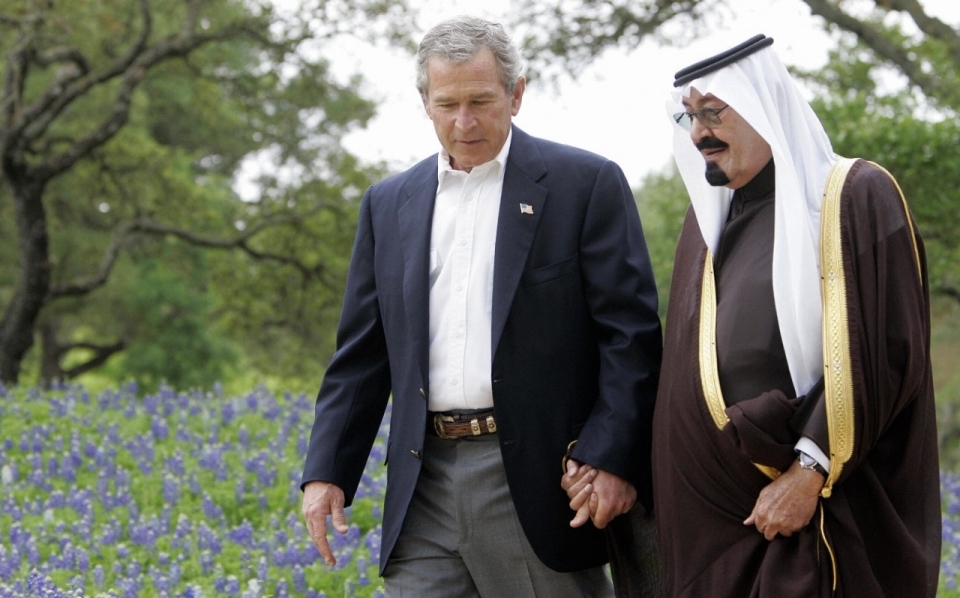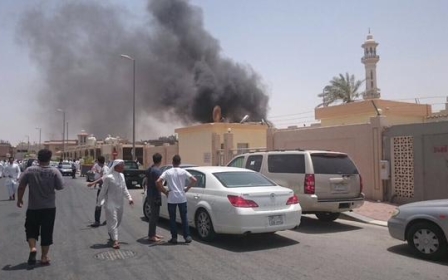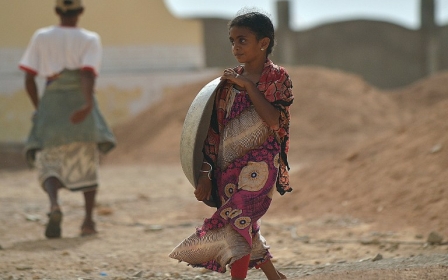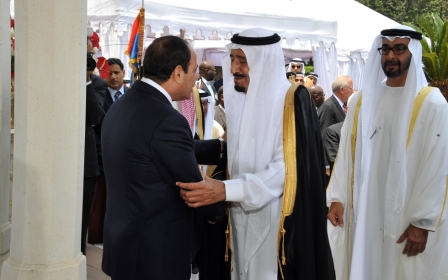Saudi Arabia asks to be dropped from 9/11 lawsuit

Saudi Arabia asked on Thursday to be removed as a defendant in a lawsuit brought by victims of the attacks in the United States on 11 September 2001.
Lawyer Michael Kellogg, acting on behalf of the Gulf state, told a judge in New York that Saudi Arabia had nothing to do with the attacks. The judge did not immediately rule on the matter.
In December 2013 Saudi Arabia was reinstated as a defendant in the case, after having been removed some nine years earlier by a judge who said the kingdom was protected from prosecution by sovereign immunity.
Kellogg argued that the 9/11 victims had failed to provide “admissible, concrete, competent evidence” that Saudi Arabia played a role in the 2001 attacks that killed nearly 3,000 people.
He added that there was no evidence Riyadh knew in advance of the attacks.
Fifteen of the 19 hijackers who carried out the attacks were citizens of Saudi Arabia.
Sean Carter, a lawyer for the 9/11 families, said the judge must consider whether Riyadh provided “operational assistance” to the hijackers.
Carter argued that his team have evidence two Saudi government employees helped two of the 9/11 hijackers who could not speak English find a flat in San Diego on their arrival to the US.
Documents filed with the court claim that one of the Saudi government employees helped the two hijackers by temporarily housing them in his flat and followed up by co-signing and guaranteeing a lease for their own home.
The government employee also allegedly helped the two men open a bank account with $9,000 of his own money.
The US government’s 9/11 Commission said in a report over 10 years ago that there was no evidence Saudi Arabia had funded al-Qaeda, the group blamed for carrying out the attacks.
Carter argued in court on Thursday that some of those involved in the commission’s report believed there was a connection between Saudi Arabia and the attacks but that senior officials decided no allegations should be made against another country that could not be proved 100 percent.
He also said that his team have uncovered significant new evidence since the publication of the commission’s report.
When the report was published in 2003 President George W Bush stopped a key portion of it being released. The redacted 28 pages are said to contain “compelling evidence” that a foreign government, believed to be Saudi Arabia, aided the hijackers to carry out the attacks, according to former senator Bob Graham, who chaired the commission.
The case brought by the 9/11 victims’ families continues in New York.
New MEE newsletter: Jerusalem Dispatch
Sign up to get the latest insights and analysis on Israel-Palestine, alongside Turkey Unpacked and other MEE newsletters
Middle East Eye delivers independent and unrivalled coverage and analysis of the Middle East, North Africa and beyond. To learn more about republishing this content and the associated fees, please fill out this form. More about MEE can be found here.




